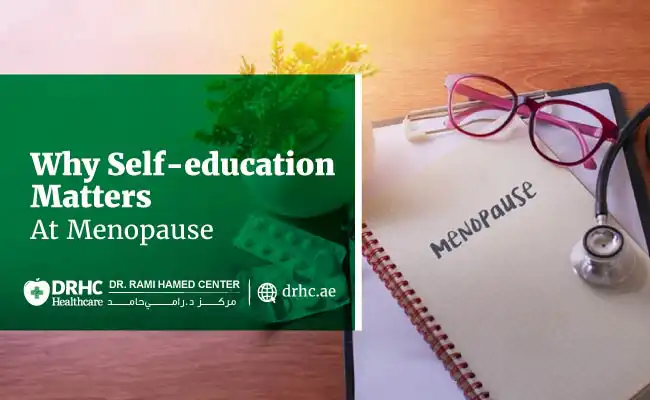
Menopause can have a significant impact on women’s lives, affecting them physically, emotionally, and socially.
First of all, it can affect physical health. The decline in estrogen and progesterone affects various body functions. Most common symptoms: hot flashes, night sweats, insomnia, fatigue, joint pain, vaginal dryness, and urinary incontinence. With time these symptoms will reduce in most of the cases. But there are long-term health risks: urinary incontinence, osteoporosis, cardiovascular diseases, and cognitive decline (Alzheimer’s and dementia).
Hormonal fluctuations can lead to irritability, anxiety, or depression. Many women report memory issues and difficulty in concentrating – so-called brain fog. Physical changes like weight gain, skin aging, and hair thinning can impact self-esteem and undermine confidence.
Lower sex hormone levels can lead to decreased sexual desire (reduced libido). Vaginal dryness and thinning of the vaginal tissue can cause discomfort and pain during intercourse. Some women struggle with body image affecting intimacy issues.
Mood swings, depressive thoughts, and fatigue can affect relationships with partners, children, and friends. Many women at these ages have to juggle responsibilities between aging parents and teenage children combining this with work. Unfortunately, brain fog, fatigue, and mood swings can impact their productivity and career progression.
Because the metabolism slows, many women struggle to maintain their previous weight despite diet and exercise.
To make matters worse, insomnia and night sweats disrupt rest leading to chronic fatigue and making all the above-mentioned problems even more exhausting and frustrating.
In the Menopausal Clinic, at Dr. Rami Hamed Center, we can help you to manage all these problems. We are using approaches based on evidence-based medicine and the latest scientific research.
Dr. Olena Ioffe
Specialist Gynecologist, Member of the British Menopause Society
Topic: gynecology








Leave a comment